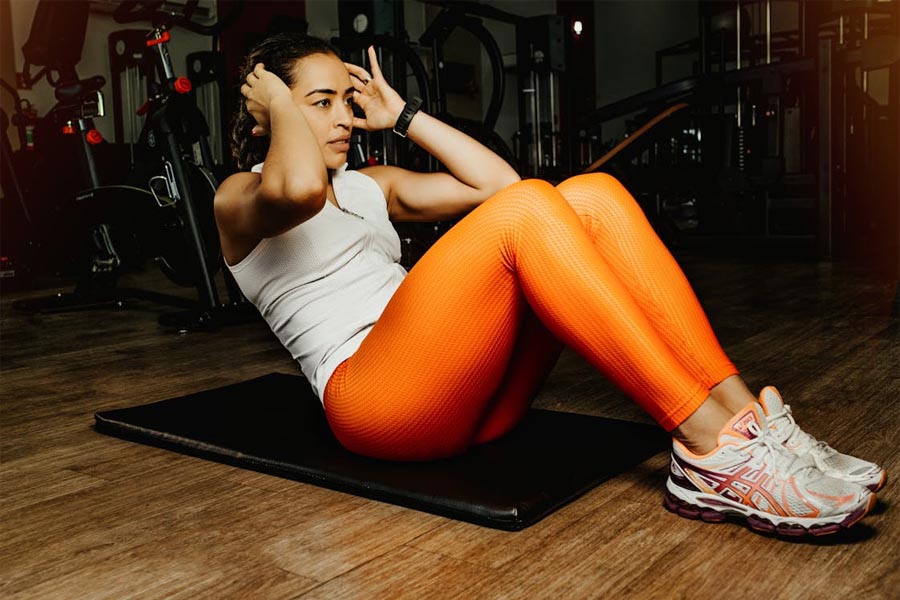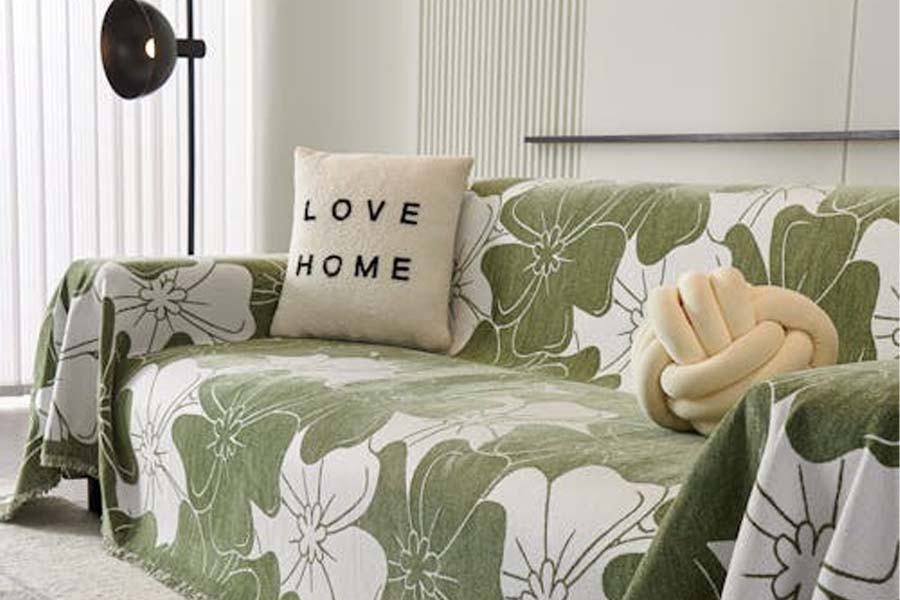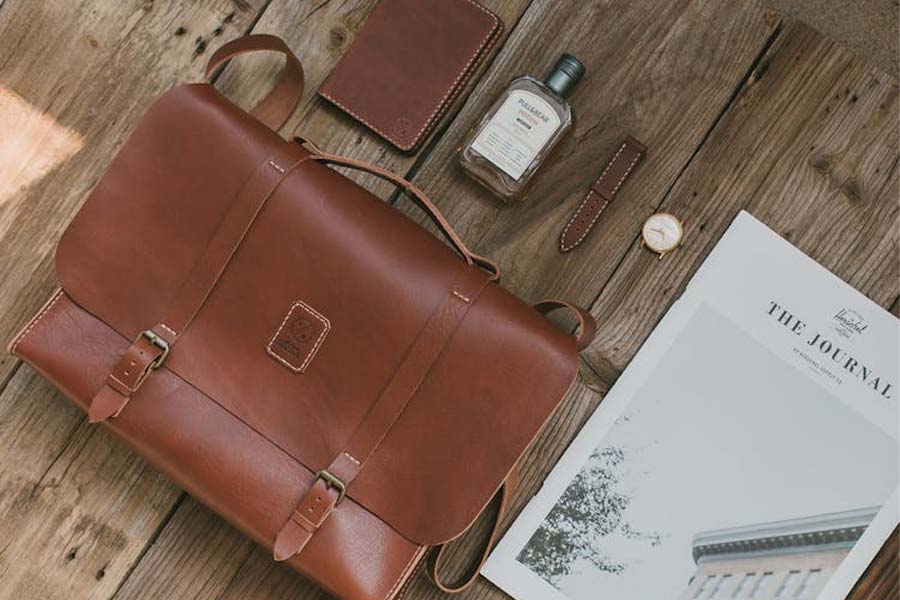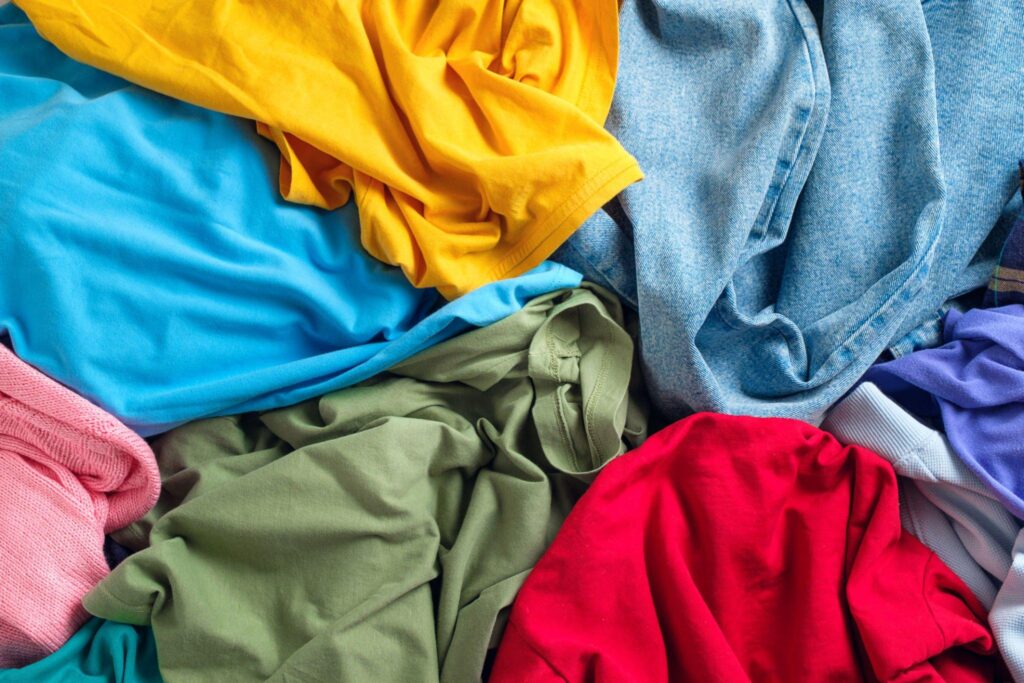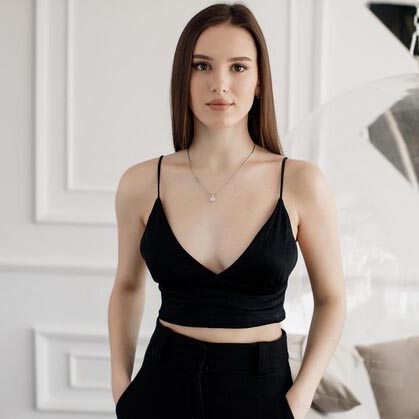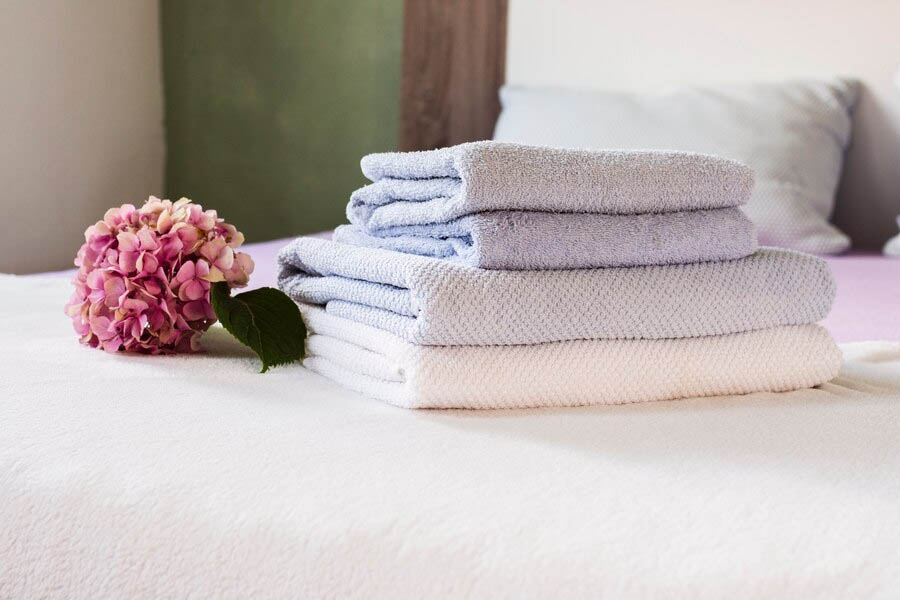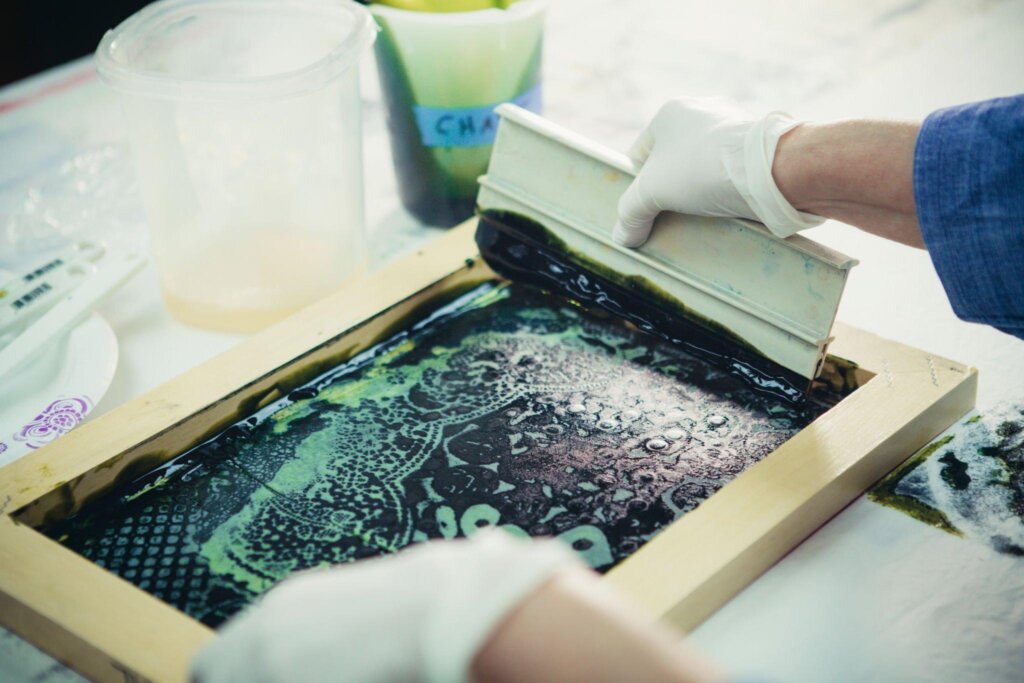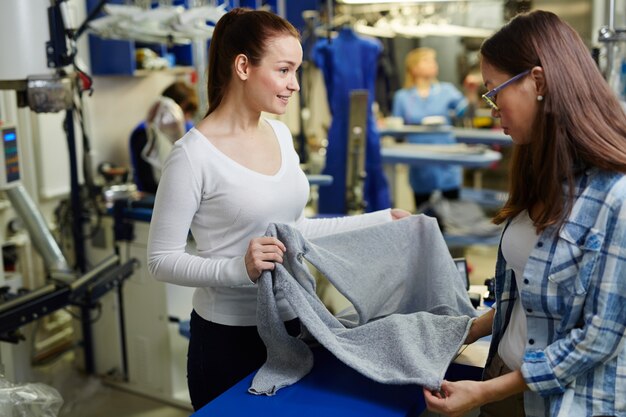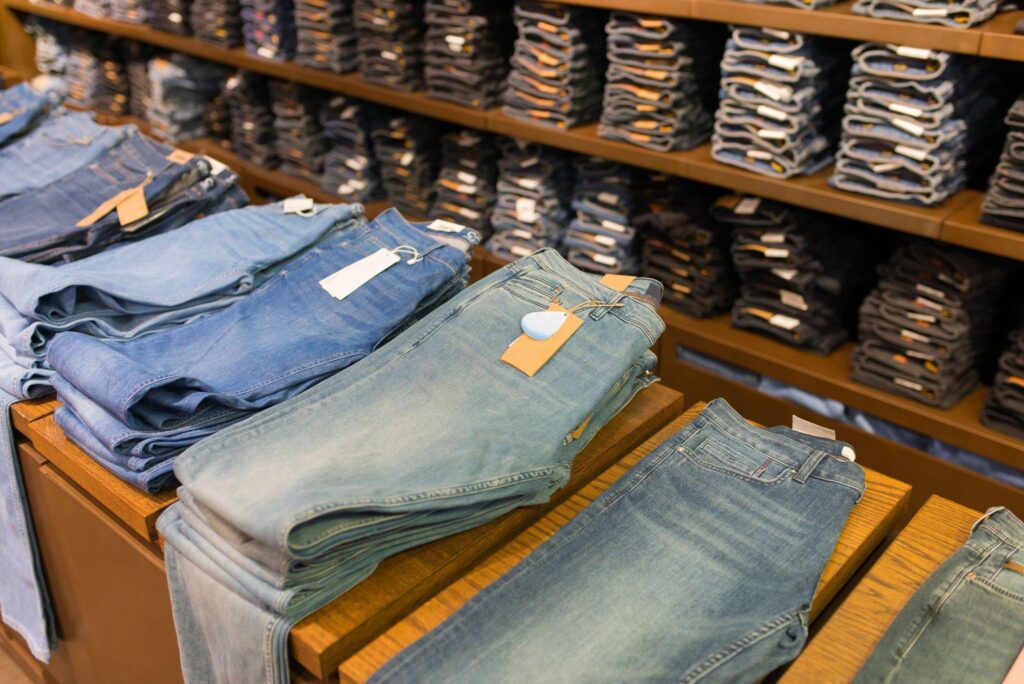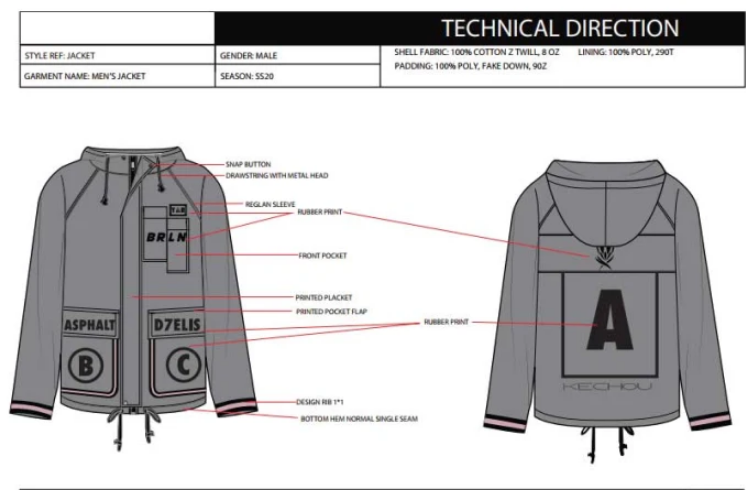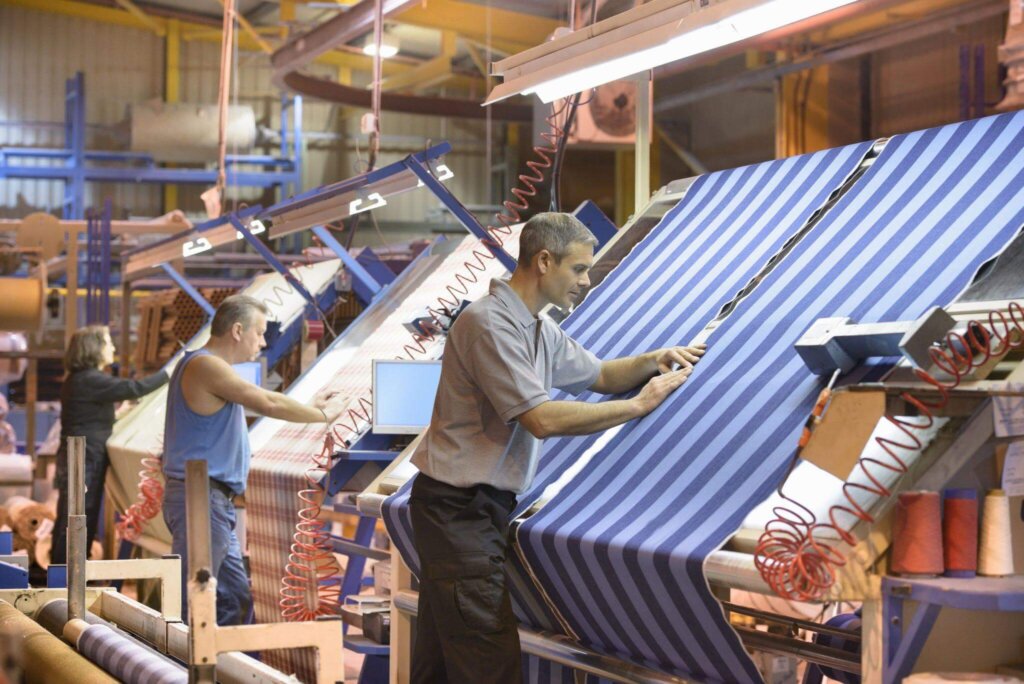Fabrics constitute the foundation of apparel manufacturing, directly impacting garment performance, comfort, and durability. This technical guide examines 12 essential textile categories with detailed specifications for designers, product developers, and sourcing professionals. At Ludyway, we leverage our textile expertise to guide brands in selecting optimal materials for cut-and-sew production across diverse product categories.
Understanding Fabrics
Textiles are engineered materials created through weaving, knitting, or nonwoven processes using natural, synthetic, or blended fibers. Their technical properties—determined by fiber composition, yarn structure, and finishing treatments—directly influence:
- Thermoregulation capabilities
- Moisture management performance
- Dimensional stability under stress
- Colorfastness ratings
Modern technical fabrics incorporate innovations like phase-change materials and conductive yarns, expanding applications in performance wear and smart textiles.
Importance of Knowing Different Fabric Types
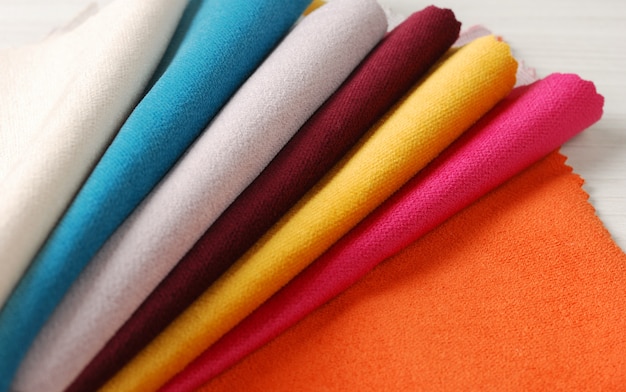
Material selection directly impacts product success through:
| Performance Factor | Technical Impact | Commercial Impact |
|---|---|---|
| Durability | Abrasion resistance (Martindale 20,000+ cycles) | Reduced return rates |
| Comfort | Moisture vapor transmission >5,000 g/m²/24h | Brand loyalty enhancement |
| Production Efficiency | Shrinkage control <±3% after washing | Higher margin preservation |
Ludyway’s material engineers assist brands in navigating these technical parameters for optimized product development.
Factors Influencing Fabric Characteristics
Fiber Composition: Natural, Synthetic, or Blended
- Natural fibers: Cotton (65-85% cellulose), Silk (fibroin protein), Wool (keratin protein)
- Synthetic fibers: Polyester (PET polymers), Nylon (polyamide chains), Spandex (polyurethane)
- Blends: 65/35 poly-cotton balances wicking and durability for workwear applications
Weave and Texture
- Plain weave: 1/1 interlacing (muslin, chiffon)
- Twill weave: Diagonal rib (denim, gabardine)
- Satin weave: Float yarns (sateen, charmeuse)
- Knit structures: Single jersey (15-18 GGG), interlock (20-24 GGG)
Weight and Thickness
- Lightweight: <100 g/m² (voile, gauze)
- Medium-weight: 100-200 g/m² (poplin, broadcloth)
- Heavyweight: >200 g/m² (denim, coating)
Durability and Care Requirements
ISO 3759:2014 standardizes care labeling with symbols indicating:
- Washing temperature (30°C to 95°C)
- Bleaching compatibility
- Ironing heat settings
- Dry cleaning solvents
The 12 Different Types of Fabric
1. Cotton
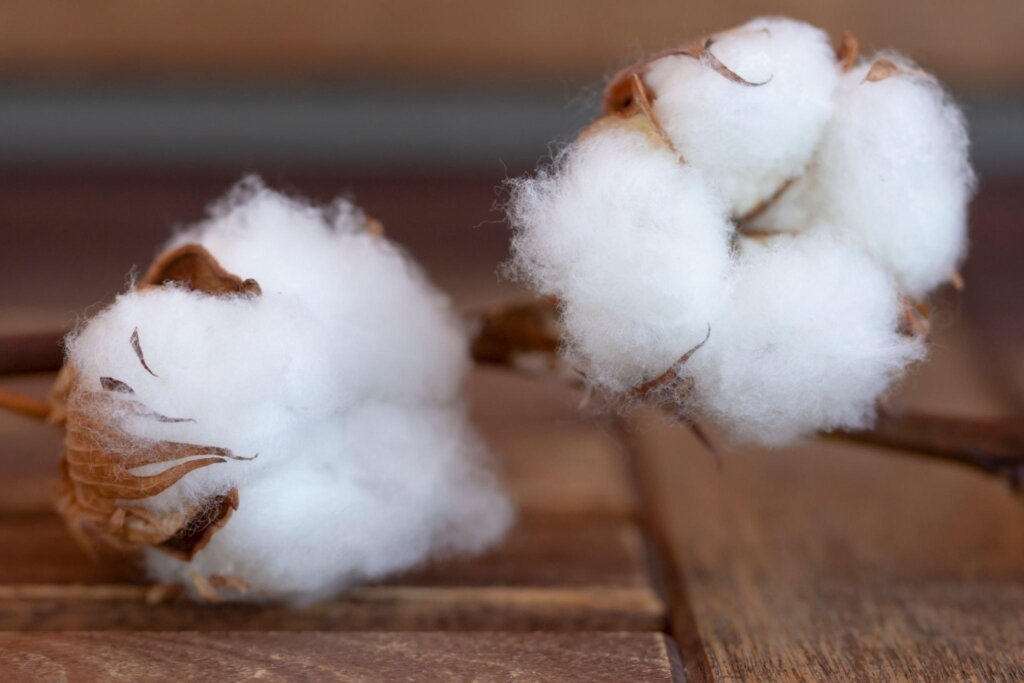
- Technical specs: Micronaire 3.5-4.9, staple length 25-45mm
- Performance: Moisture regain 8.5%, tensile strength 3-5 g/den
- Applications: Ideal for basic knitwear requiring breathability
- Care protocol: Wash at 40°C max; tumble dry low; avoid chlorine bleach
2. Silk
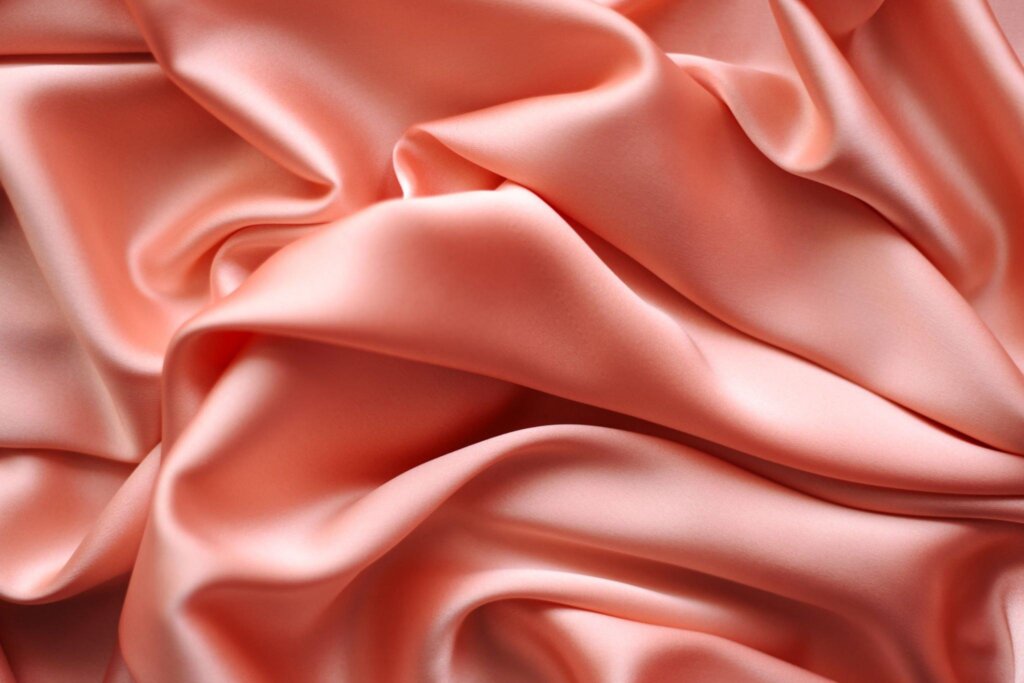
- Technical specs: Momme weight (8-22mm); sericin content determines luster
- Performance: Thermoregulating (0.05-0.07 W/m·K conductivity)
- Applications: Luxury intimate apparel and formalwear
- Care protocol: Dry clean or hand wash pH-neutral detergent; no wringing
3. Wool
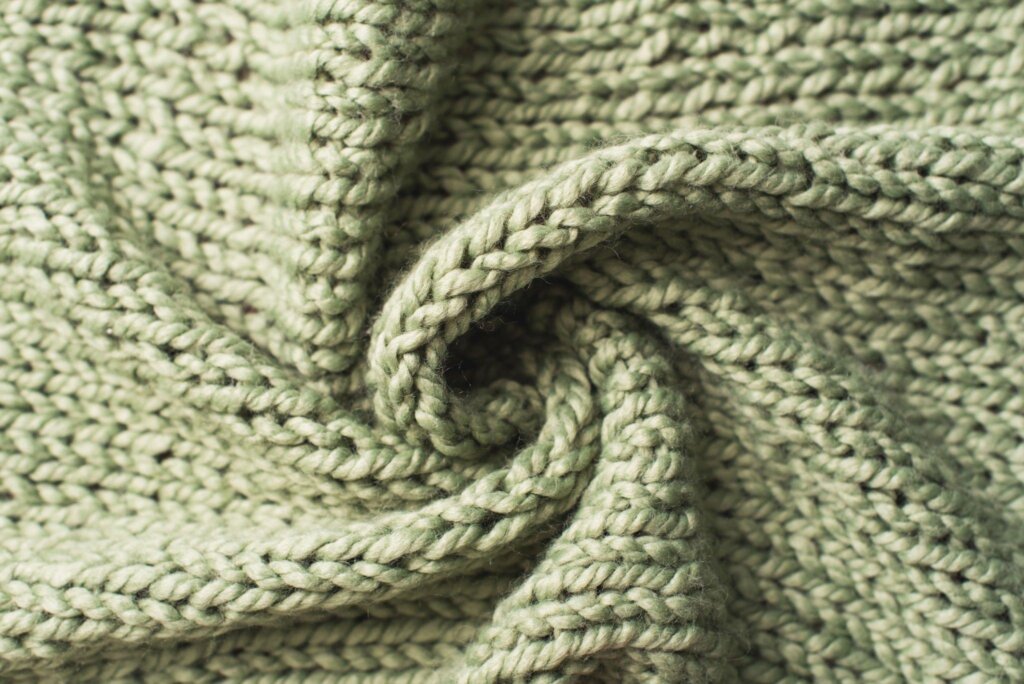
- Technical specs: Micron count (15-25μm); crimp frequency
- Performance: Absorbs 30% weight in moisture without dampness
- Applications: Performance base layers and cold-weather sportswear
- Care protocol: Hand wash 30°C; lay flat drying; moth prevention
4. Linen
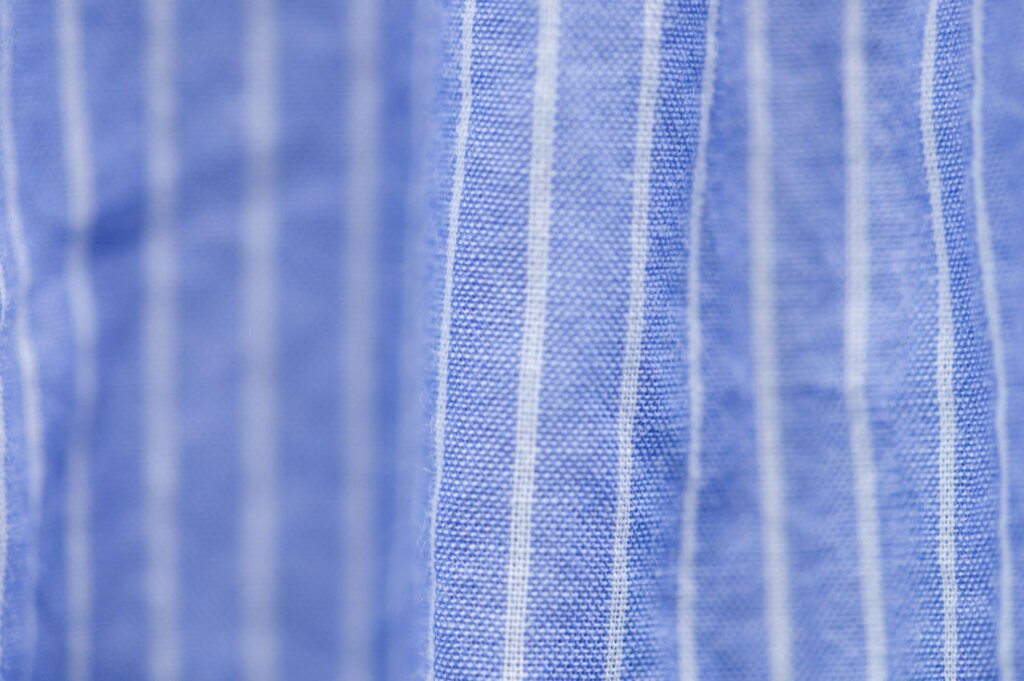
- Technical specs: Fiber length 25-120cm; natural wax content
- Performance: Heat conductivity 0.09 W/m·K (superior cooling)
- Applications: Resortwear and premium table linens
- Care protocol: Wash cold; steam iron at 230°C; embrace natural wrinkles
5. Polyester
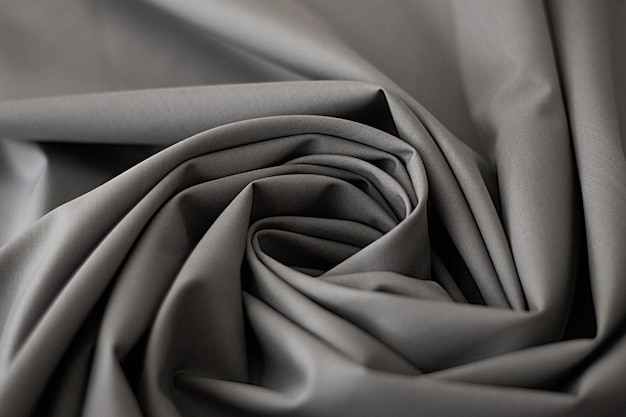
- Technical specs: Denier 0.5-15D; tenacity 4-9 g/den
- Performance: UV resistance >500 hours Xenon testing
- Applications: Performance outerwear and sublimation printing
- Care protocol: Wash 40-60°C; low heat drying; no bleach
6. Rayon
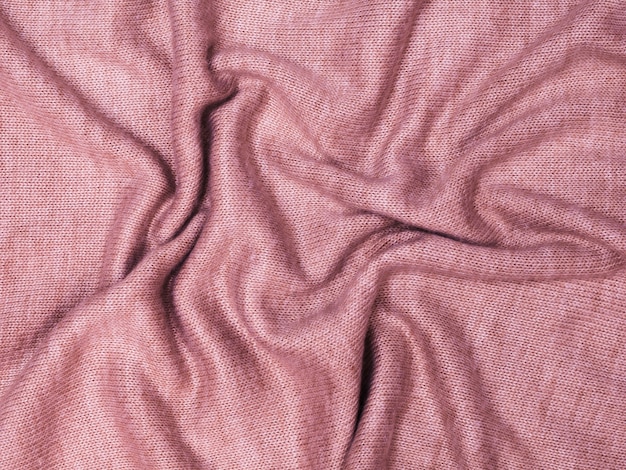
- Technical specs: DP 400-600; moisture regain 11-13%
- Performance: Drapability coefficient 65-80 (superior drape)
- Applications: Draped silhouettes and linings
- Care protocol: Dry clean preferred; hand wash cold if required
7. Nylon
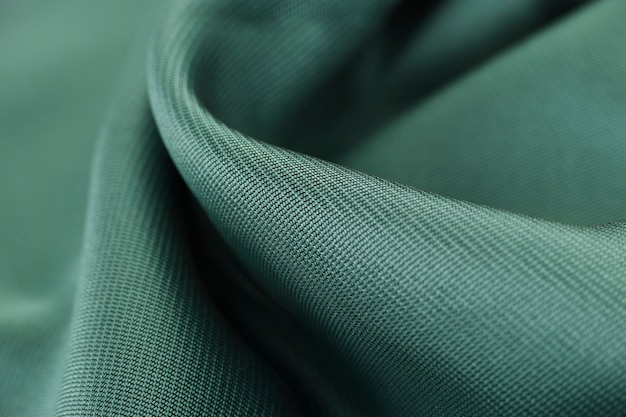
- Technical specs: Tenacity 4.5-9.5 g/den; elongation 15-45%
- Performance: Abrasion resistance >50,000 cycles (Martindale)
- Applications: Technical outerwear and luggage
- Care protocol: Wash 30°C; no bleach; line dry away from UV
8. Spandex (Lycra)
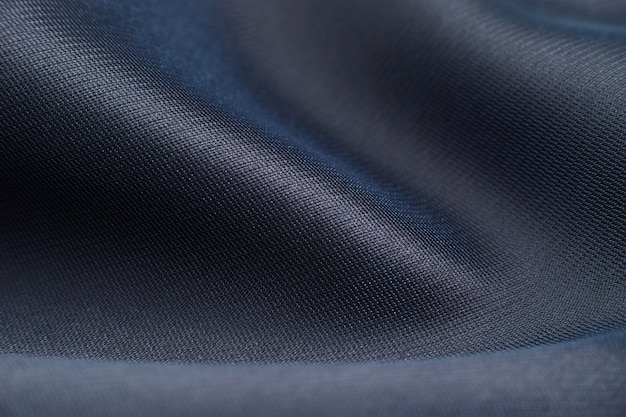
- Technical specs: Recovery >95% after 200% stretch
- Performance: Power retention 80-90% after repeated use
- Applications: Compression athletic leggings and shapewear
- Care protocol: Wash cold; no chlorine; air dry
9. Satin
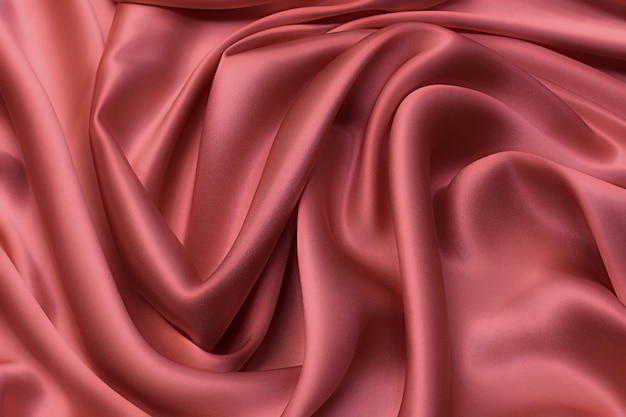
- Technical specs: Float length 4-7 yarns; thread count >300
- Performance: Specular reflection >85% (high luster)
- Applications: Bridal wear and luxury bedding
- Care protocol: Dry clean; store rolled to prevent creasing
10. Velvet
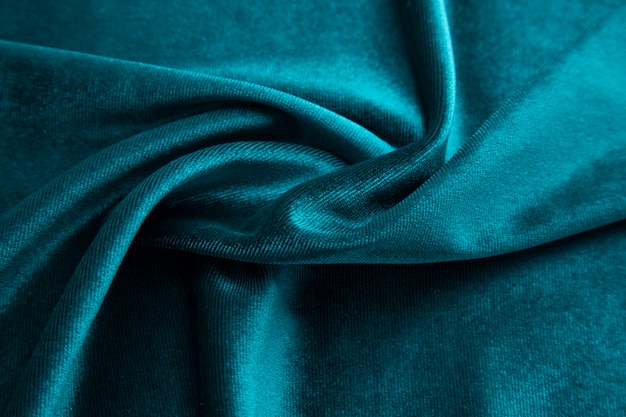
- Technical specs: Pile height 1-3mm; density 150-400g/m²
- Performance: Compression recovery >90%
- Applications: Eveningwear and premium upholstery
- Care protocol: Professional cleaning; velvet brush maintenance
11. Denim
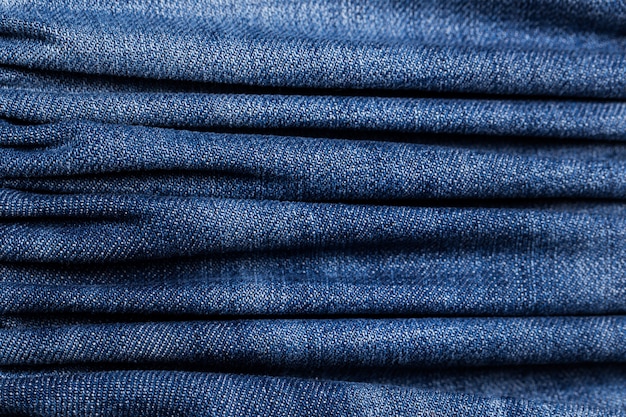
- Technical specs: Weight 10-16oz; warp-faced twill
- Performance: Tensile strength >250N (warp direction)
- Applications: Durable premium denim and workwear
- Care protocol: Wash inside out 30°C; avoid over-drying
12. Chiffon

- Technical specs: Transparency 70-85%; yarn size 10-30 den
- Performance: Drape coefficient >90%
- Applications: Evening gowns and decorative overlays
- Care protocol: Hand wash cold; no wringing; flat drying
Choosing The Right Fabric
Material selection requires technical evaluation through:
- Performance testing: Martindale abrasion, colorfastness (ISO 105), shrinkage (AATCC 135)
- Application mapping: Match fabric properties to end-use requirements
- Swatch validation: Physical evaluation of hand feel, drape, and texture
Ludyway provides technical consulting including:
- Fiber content optimization
- Weight/GSM recommendations
- Finishing treatment specifications
Request fabric swatch cards via info@ludyway.com for material evaluation.
Key Points
Technical fabric knowledge enables informed decisions regarding:
- Performance-cost optimization
- Quality consistency control
- Care instruction accuracy
As global textile regulations evolve (OEKO-TEX®, REACH), partner with manufacturers like Ludyway who maintain:
- Chemical inventory compliance
- Traceability systems
- Certified testing facilities
Through strategic material selection, brands achieve superior product performance while meeting sustainability benchmarks.


